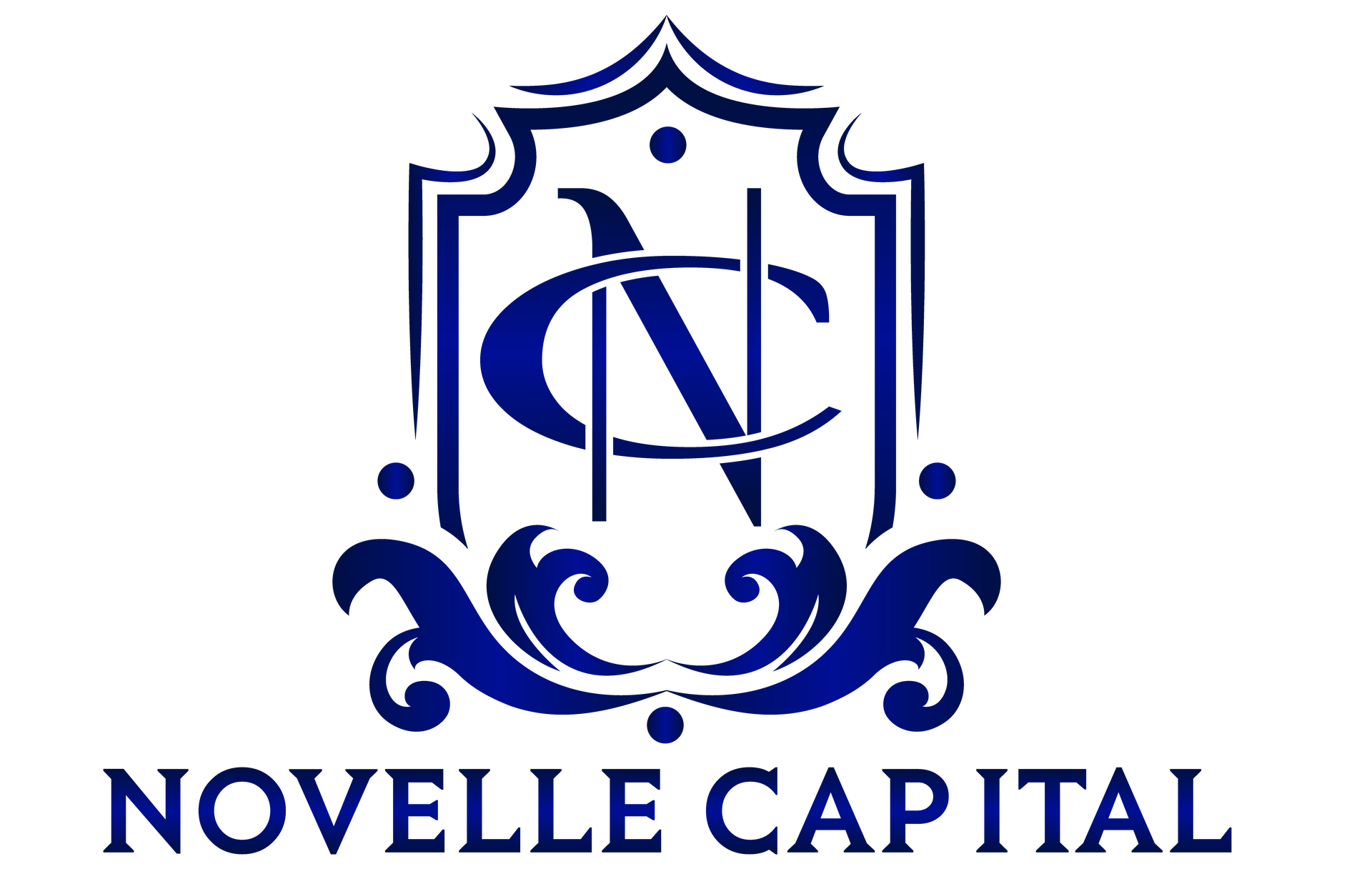Exploring Creative Financing Options: An In-Depth Look at Hard Money Loans
What Are Hard Money Loans?
Hard money loans serve as alternative financing solutions that are collateralized by the value of a property, offering a swift and flexible source of funding for real estate endeavors. These funds are commonly extended by private investors or specialized firms, diverging from the conventional route of seeking assistance from mainstream banks or financial entities. Real estate investors frequently opt for hard money loans when seeking immediate capital infusion or facing hurdles in meeting the eligibility criteria for a traditional mortgage. The appeal of these loans lies in their ability to expedite the borrowing process while accommodating individuals navigating complex financial circumstances or swift investment opportunities within the realm of real estate acquisition.
The Benefits of Hard Money Loans
One of the key benefits of hard money loans lies in the expediency with which they can be acquired. In contrast to the lengthy processes often associated with traditional mortgage applications that may culminate in rejection, hard money loans offer a swift approval and funding timeline, often within a few days. This rapid turnaround makes hard money loans a compelling choice for investors managing time-sensitive projects.
Moreover, hard money loans are secured primarily by the property's value rather than the borrower's credit score or income stability. Consequently, individuals facing challenges with their credit history or variable income streams may still meet the criteria for obtaining a hard money loan. This asset-based approach provides an avenue for those with less-than-ideal credit profiles or unsteady earnings to access the financing necessary to pursue their real estate ventures.
The Downside of Hard Money Loans
While hard money loans offer flexibility and quick access to funding, they also come with some drawbacks. These loans often have higher interest rates and fees compared to traditional mortgages, which can significantly increase the cost of borrowing.
Another potential downside is the short repayment terms associated with hard money loans. Most of these loans have a term of one to three years, meaning borrowers must either sell the property or refinance the loan within that time frame.
Is a Hard Money Loan Right for You?
Before deciding to pursue a hard money loan, it's essential to consider your specific financial situation and investment goals. If you need fast financing for a real estate project and are confident in your ability to repay the loan quickly, a hard money loan could be a viable option.
However, if you are looking for a long-term financing solution or are concerned about higher interest rates and fees, you may want to explore other financing options.
In Conclusion
Hard money loans can be a valuable tool for real estate investors seeking quick access to funding without the stringent requirements of traditional mortgages. While these loans come with higher costs and shorter terms, they can provide the flexibility and speed needed to seize lucrative investment opportunities.
Whether you choose to pursue a hard money loan or explore other financing options, it's crucial to conduct thorough research and consult with financial professionals to make an informed decision that aligns with your investment goals.










